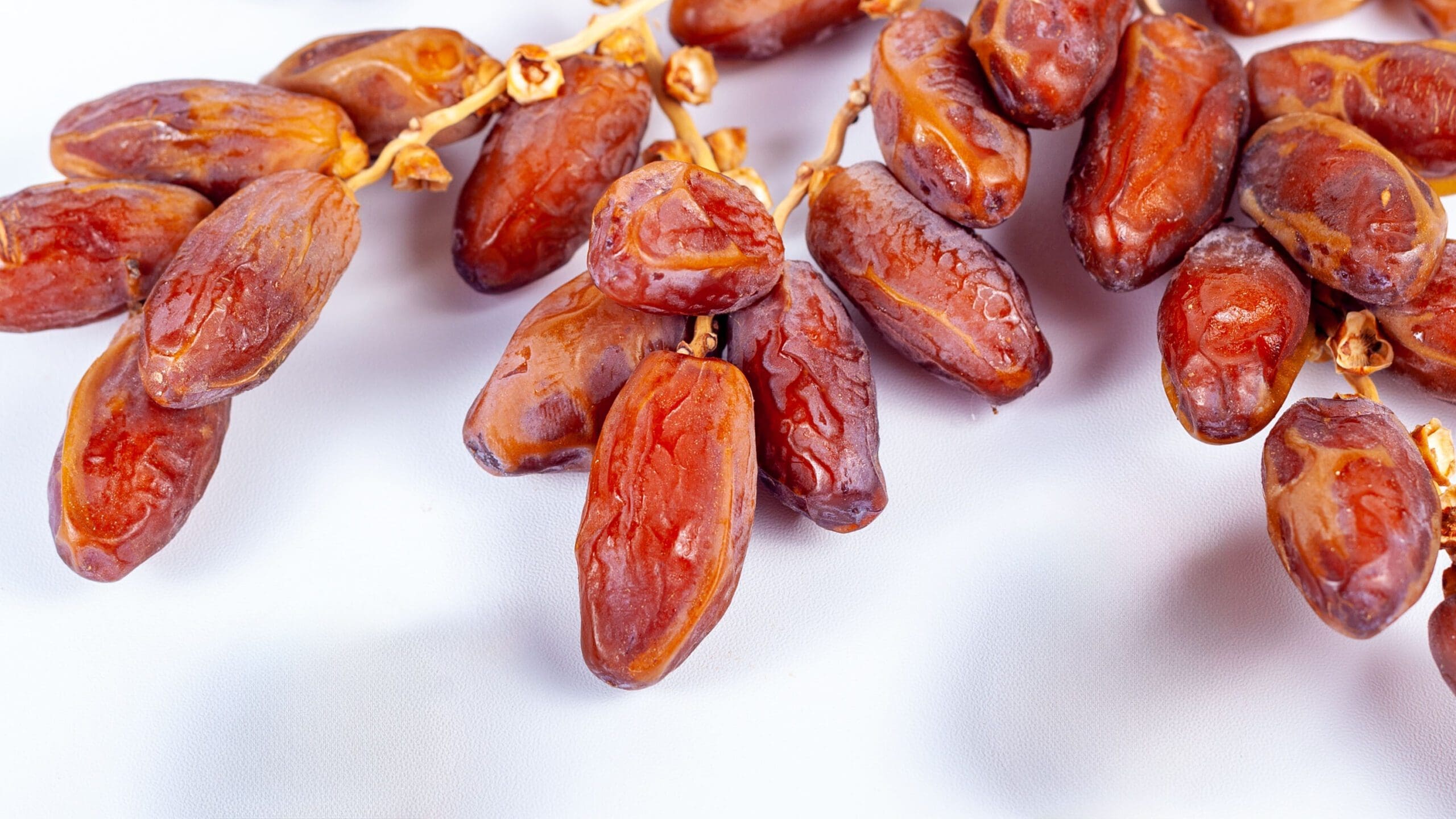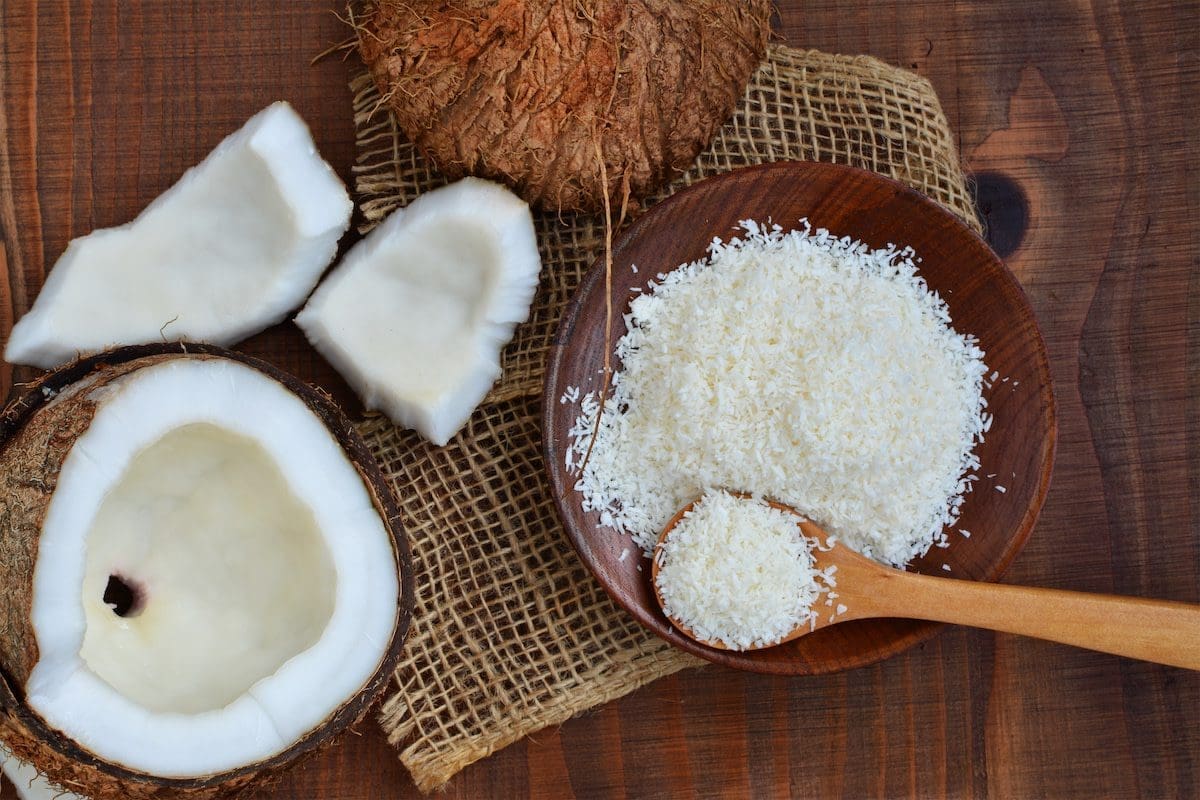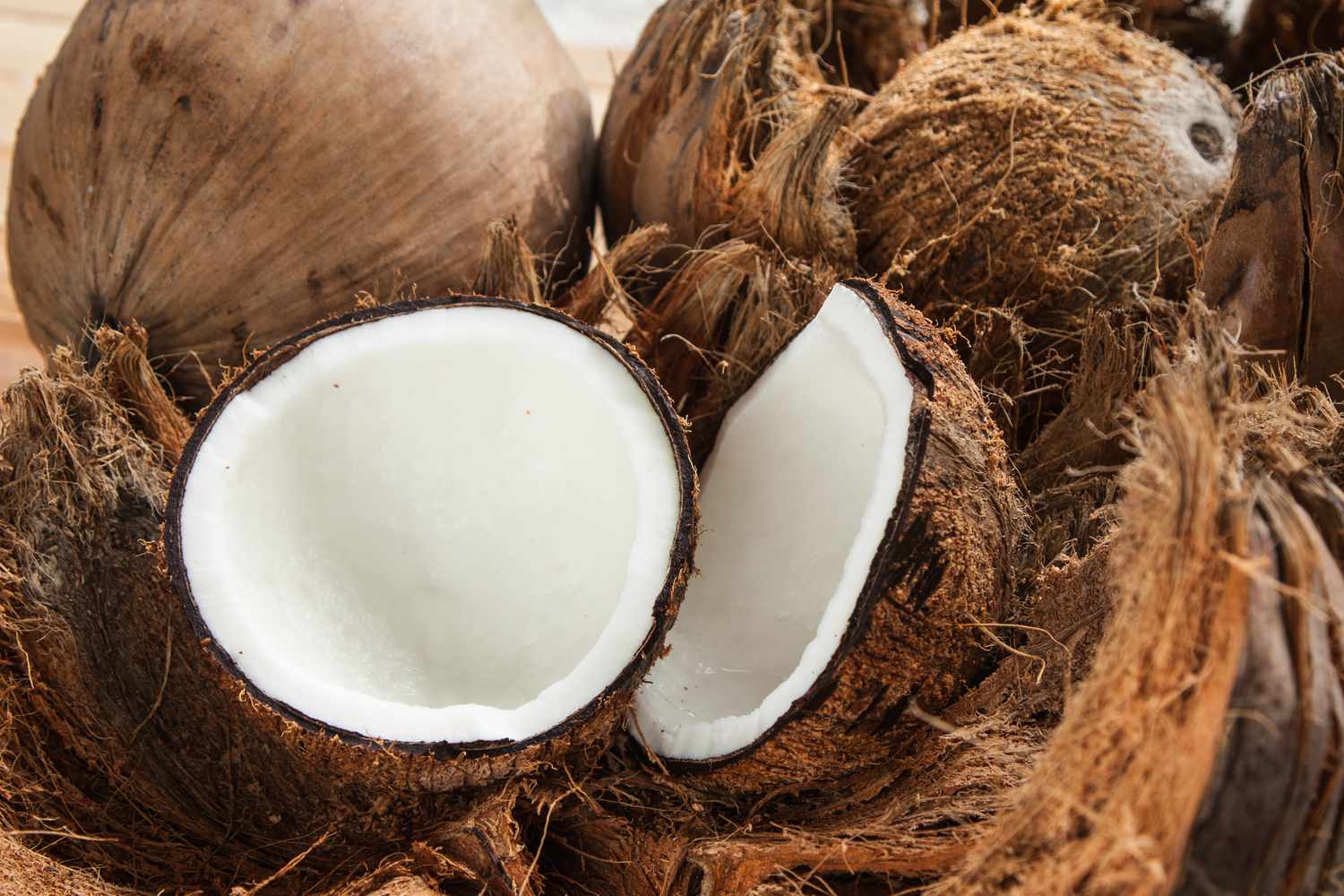Pineapple Benefits: Nutritional Value and Uses
Find out why pineapple is a superfood, rich in nutrients and perfect for enhancing your health and wellness.
Introduction
In the pursuit of optimal health, diet plays a pivotal role in modulating inflammation, pain, and musculoskeletal function. A well-balanced diet rich in fruits and vegetables provides essential vitamins, minerals, and antioxidants necessary for cellular repair, immune function, and overall wellness. One fruit, in particular, has gained attention for its potent anti-inflammatory properties—pineapple (Ananas comosus L.). This tropical fruit is not only a delicious addition to a balanced diet but also a powerful natural remedy for inflammation-related conditions.
As a nurse practitioner specializing in physical medicine, functional medicine, and identity formation, I have observed firsthand the impact that dietary choices have on pain management and inflammation control. This article will explore the nutritional benefits of pineapple, its role in inflammation reduction, and how to incorporate it effectively into a patient’s diet.
The Nutritional Powerhouse: Pineapple
Pineapple is more than a refreshing fruit—it is a nutritional powerhouse loaded with essential vitamins, minerals, and bioactive compounds. This tropical fruit originated in South America and has been used in traditional medicine for centuries due to its potent medicinal properties. Pineapple is particularly rich in:
- Vitamin C: An essential antioxidant that supports immune function, collagen synthesis, and tissue repair.
- Manganese: Crucial for bone health, metabolic function, and enzymatic reactions.
- B Vitamins (B1 & B6): Play a key role in energy production, brain function, and nervous system health.
- Copper: Supports cardiovascular health and enzymatic reactions.
Nutritional Breakdown (Per One Cup of Fresh Pineapple, ~165g):
- Calories: 82 kcal
- Carbohydrates: 22g
- Fiber: 2.3g
- Sugars: 16g
- Protein: 1g
- Vitamin C: 131% of the Daily Value (DV)
- Manganese: 76% of the DV
- Vitamin B6: 9% of the DV
- Copper: 9% of the DV
- Thiamine (B1): 9% of the DV
Bromelain: The Anti-Inflammatory Enzyme
One of the key components that make pineapple an effective anti-inflammatory food is bromelain, a proteolytic enzyme found predominantly in the fruit’s core and stem. Bromelain has been widely studied for its ability to modulate immune function and reduce inflammation by inhibiting pro-inflammatory cytokines and mediators.
Mechanisms of Bromelain in Inflammation Reduction:
- Inhibits NF-KappaB Pathway: Suppresses the activation of NF-KappaB, a transcription factor responsible for promoting inflammatory gene expression.
- Reduces Pro-Inflammatory Cytokines: Downregulates IL-1β, IL-6, and TNF-α, key mediators in chronic inflammation.
- Enhances Fibrinolytic Activity: Facilitates the breakdown of fibrin, improving circulation and reducing edema formation.
- Supports Digestive Health: Aids in protein digestion, reducing gut inflammation and promoting better nutrient absorption.
Clinical Applications of Pineapple for Musculoskeletal Health
Pineapple’s anti-inflammatory effects make it a valuable addition to the diet for patients suffering from various musculoskeletal conditions, including:
- Osteoarthritis & Rheumatoid Arthritis: Reduces joint swelling, stiffness, and pain by decreasing inflammatory markers.
- Post-Exercise Recovery: Accelerates muscle repair and reduces soreness by mitigating exercise-induced inflammation.
- Tendinitis & Bursitis: Aids in reducing localized inflammation and promoting faster healing.
- Soft Tissue Injuries: Supports tissue regeneration in strains, sprains, and ligament injuries.
Additional Health Benefits of Pineapple
Beyond its anti-inflammatory properties, pineapple offers several other health benefits:
- Boosts Immune Function: High vitamin C content enhances immune defense against infections and oxidative stress.
- Supports Cardiovascular Health: Bromelain helps prevent blood clot formation and supports healthy circulation.
- Aids in Weight Management: Low in calories and rich in fiber, pineapple promotes satiety and supports metabolic function.
- Enhances Digestive Health: Bromelain improves protein digestion and reduces gut inflammation, aiding individuals with digestive disorders.
- Combats Oxidative Stress: Rich in antioxidants, pineapple protects cells from free radical damage, reducing the risk of chronic diseases.
Fighting Inflammation Naturally- Video
Incorporating Pineapple into a Healthy Diet
Pineapple is an incredibly versatile fruit that can be enjoyed in numerous ways to maximize its health benefits. Here are some simple and delicious ways to incorporate pineapple into a patient’s daily routine:
- Fresh: Add chunks to salads, yogurt, or smoothies for an antioxidant boost.
- Frozen: Freeze pineapple pieces for a refreshing snack or blend them into smoothies.
- Grilled: Grilling pineapple enhances its natural sweetness and pairs well with lean proteins like chicken or fish.
- Juiced: Fresh pineapple juice can be a hydrating and nutrient-rich beverage.
- Stir-Fried: Incorporate pineapple into stir-fries for a touch of natural sweetness.
Best Practices for Maximizing Bromelain Benefits
To retain the highest level of bromelain and other beneficial compounds in pineapple, consider the following:
- Consume Fresh Over Canned: Canned pineapple often contains added sugars and loses some enzyme activity due to processing.
- Include the Core: The highest concentration of bromelain is found in the core, so consider blending or juicing it rather than discarding.
- Pair with Anti-Inflammatory Foods: Combine pineapple with turmeric, ginger, or leafy greens for enhanced anti-inflammatory effects.
Considerations and Precautions
While pineapple offers numerous health benefits, some individuals should exercise caution:
- Allergies: Some individuals may be allergic to bromelain, particularly those with latex allergies.
- Acidic Nature: Pineapple’s acidity may cause discomfort in individuals with acid reflux or sensitive stomachs.
- Medication Interactions: Bromelain may enhance the effects of blood thinners and certain antibiotics, requiring consultation with a healthcare provider before regular consumption.
Conclusion
Pineapple is more than just a tropical delight—it is a potent anti-inflammatory food with profound benefits for musculoskeletal health, digestion, and immune support. As a nurse practitioner with two decades of experience in physical and functional medicine, I strongly advocate for dietary interventions as a cornerstone of holistic patient care. Encouraging patients to incorporate pineapple into their diet can be a simple yet effective strategy for reducing inflammation, improving joint health, and enhancing overall wellness.
By making small, evidence-based dietary changes, patients can experience significant improvements in their health outcomes. When combined with other lifestyle modifications, such as physical activity, stress management, and adequate hydration, pineapple can play a crucial role in optimizing musculoskeletal function and quality of life.
For personalized dietary recommendations and integrative treatment plans, consult with a qualified healthcare provider who specializes in functional and physical medicine. By leveraging the power of nutrition, we can help patients achieve long-term health and vitality.
Injury Medical & Functional Medicine Clinic
We associate with certified medical providers who understand the importance of incorporating anti-inflammatory foods to reduce the inflammatory effects from affecting the body. When asking important questions to our associated medical providers, we advise patients to implement small changes to their daily routine, like incorporating pineapple into a healthy diet, which can reduce the inflammatory effects in the body. Dr. Alex Jimenez, D.C., utilizes this information as an academic service. Disclaimer.
References
Arulselvan, P., Fard, M. T., Tan, W. S., Gothai, S., Fakurazi, S., Norhaizan, M. E., & Kumar, S. S. (2016). Role of Antioxidants and Natural Products in Inflammation. Oxid Med Cell Longev, 2016, 5276130. https://doi.org/10.1155/2016/5276130
Hikisz, P., & Bernasinska-Slomczewska, J. (2021). Beneficial Properties of Bromelain. Nutrients, 13(12). https://doi.org/10.3390/nu13124313
Kansakar, U., Trimarco, V., Manzi, M. V., Cervi, E., Mone, P., & Santulli, G. (2024). Exploring the Therapeutic Potential of Bromelain: Applications, Benefits, and Mechanisms. Nutrients, 16(13). https://doi.org/10.3390/nu16132060
Kumar, V., Garg, V., & Dureja, H. (2023). Therapeutic Application of Pineapple: A Review. Recent Adv Food Nutr Agric, 14(2), 107-125. https://doi.org/10.2174/2772574X14666230522114039
Mohd Ali, M., Hashim, N., Abd Aziz, S., & Lasekan, O. (2020). Pineapple (Ananas comosus): A comprehensive review of nutritional values, volatile compounds, health benefits, and potential food products. Food Res Int, 137, 109675. https://doi.org/10.1016/j.foodres.2020.109675
Seenak, P., Kumphune, S., Malakul, W., Chotima, R., & Nernpermpisooth, N. (2021). Pineapple consumption reduced cardiac oxidative stress and inflammation in high cholesterol diet-fed rats. Nutr Metab (Lond), 18(1), 36. https://doi.org/10.1186/s12986-021-00566-z





